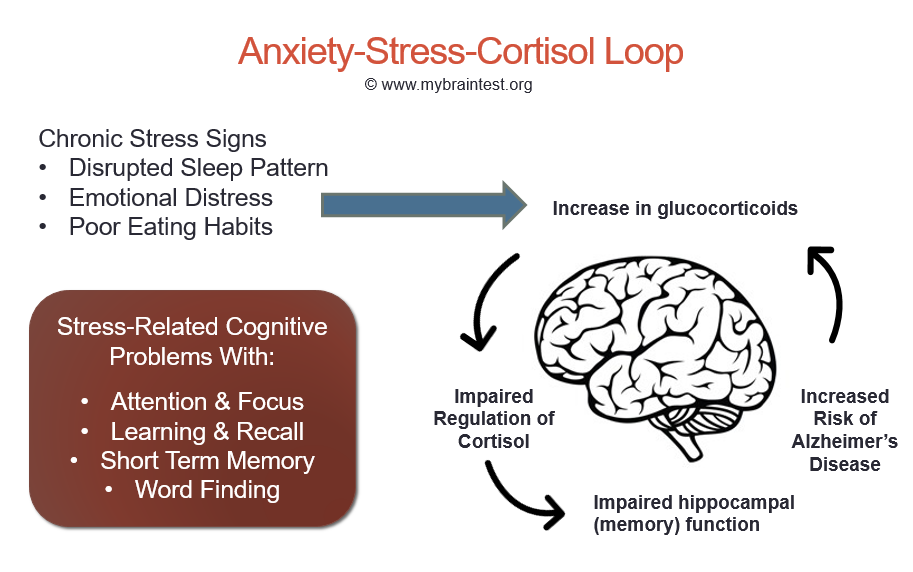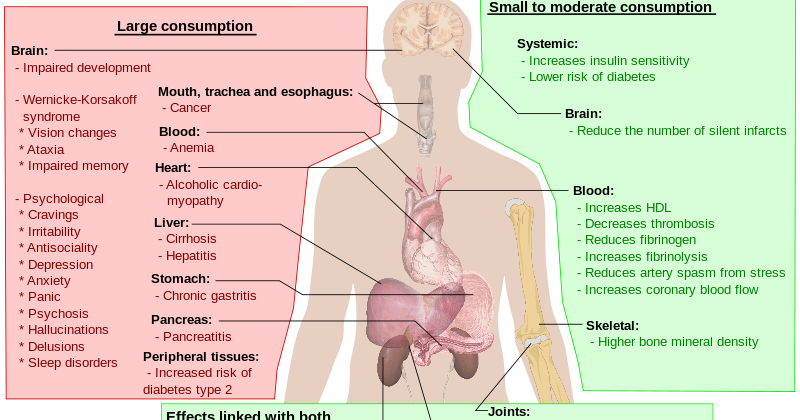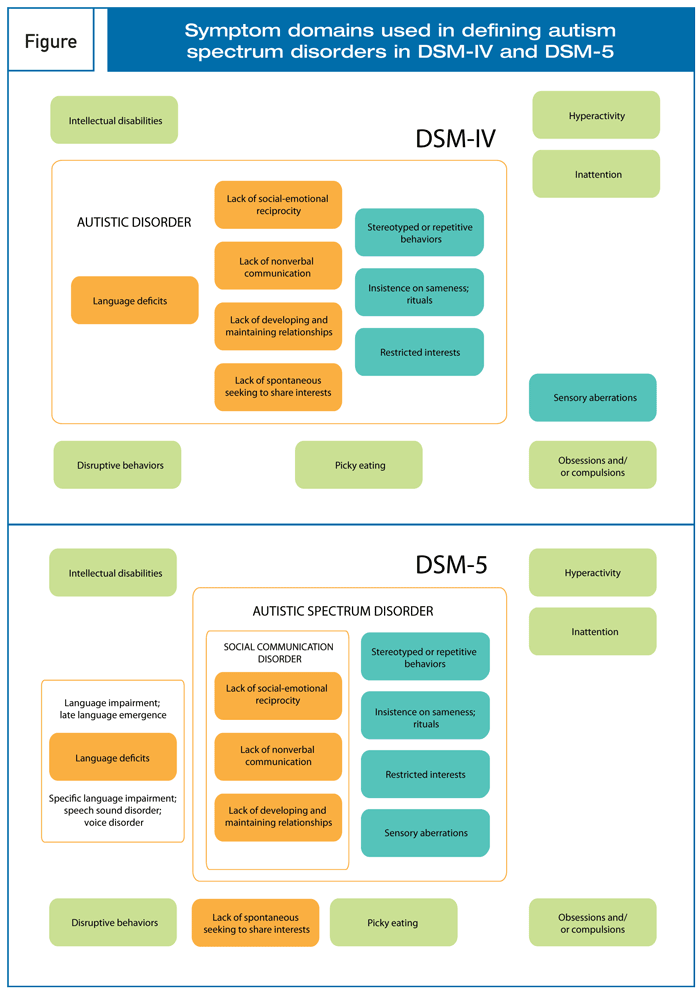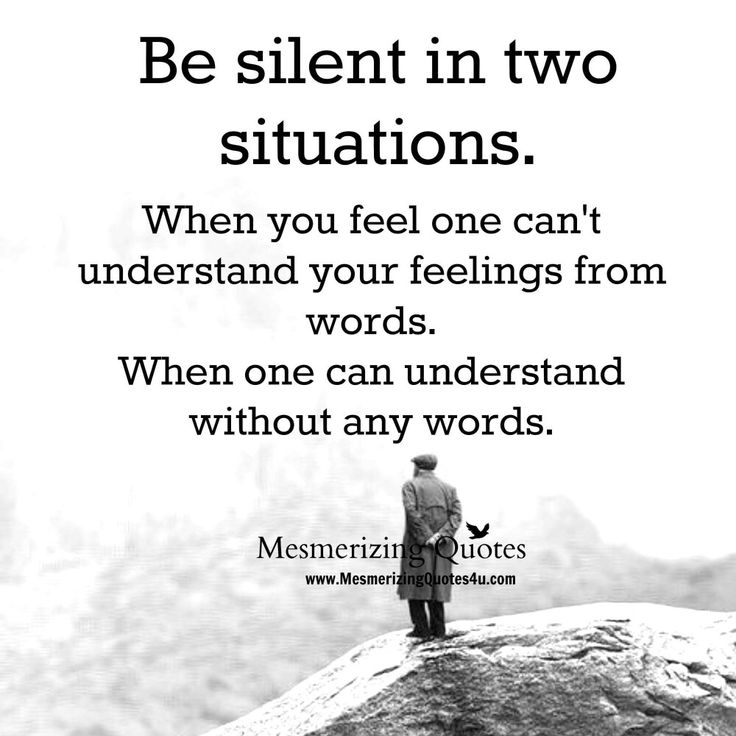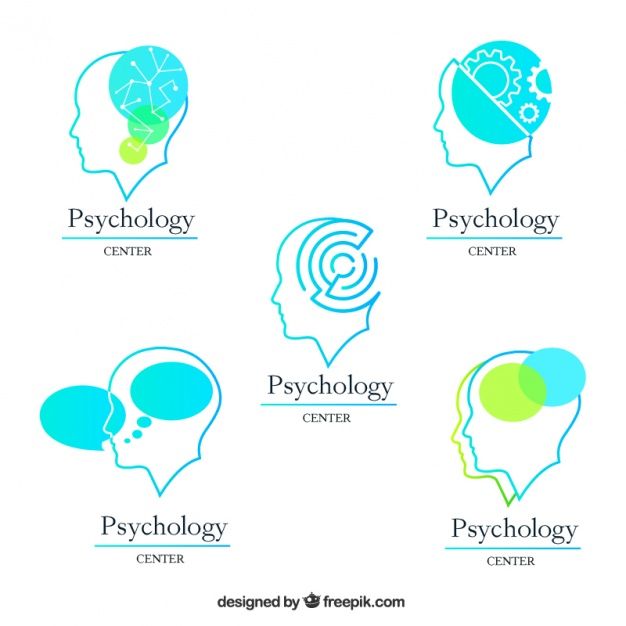How to relationships work
What Does a Healthy Relationship Look Like?
Having boundaries is like drawing a line. One side has the things you are okay with and the other side, those that you are not okay with, don’t feel ready for, or make you uncomfortable. This line looks different for everyone, so it is important for you to know where yours needs to be drawn. Setting boundaries is a way to teach your partner about your needs, and let you know when something doesn’t feel right. You are allowed to put your needs before someone else’s needs, especially if their needs make you uncomfortable.
Step 1: What are your boundaries?
Think about these categories and what they mean in terms of your relationship.
Physical: Are you okay with public displays of affection? Does affection make you uncomfortable? Do you hate it or love it when your partner tickles you? Do you need a lot of alone time? Learn more about physical boundaries and abuse.
Emotional: Are you able to share what you are feeling right away or do you need some time to think about it? Do you need your partner to be available anytime you have a crisis? When are you ready to say I love you? Learn more about emotional boundaries and abuse.
Sexual: Do you need to get to know your partner a while before engaging in any kind of sexual activity, or are you okay getting physical right away? What sexual activity are you okay with? Learn more about sexual boundaries and abuse.
Digital: Are you posting your relationship status? Is it okay if your partner uses your phone? Do you want to share passwords? Learn more about digital boundaries and abuse.
Material: Do you like sharing your stuff? Are you okay paying for your partner or vice versa?
Spiritual: Do you like to practice your religion with a partner or alone? Does your partner need to have the same beliefs as you or can they be different as long as yours are respected? Are you waiting until marriage before you have sex?
Step 2: Letting your partner know what your boundaries are.
You don’t have to sit down with your partner with a check list of all of the things that make you uncomfortable, but you do have be open and honest.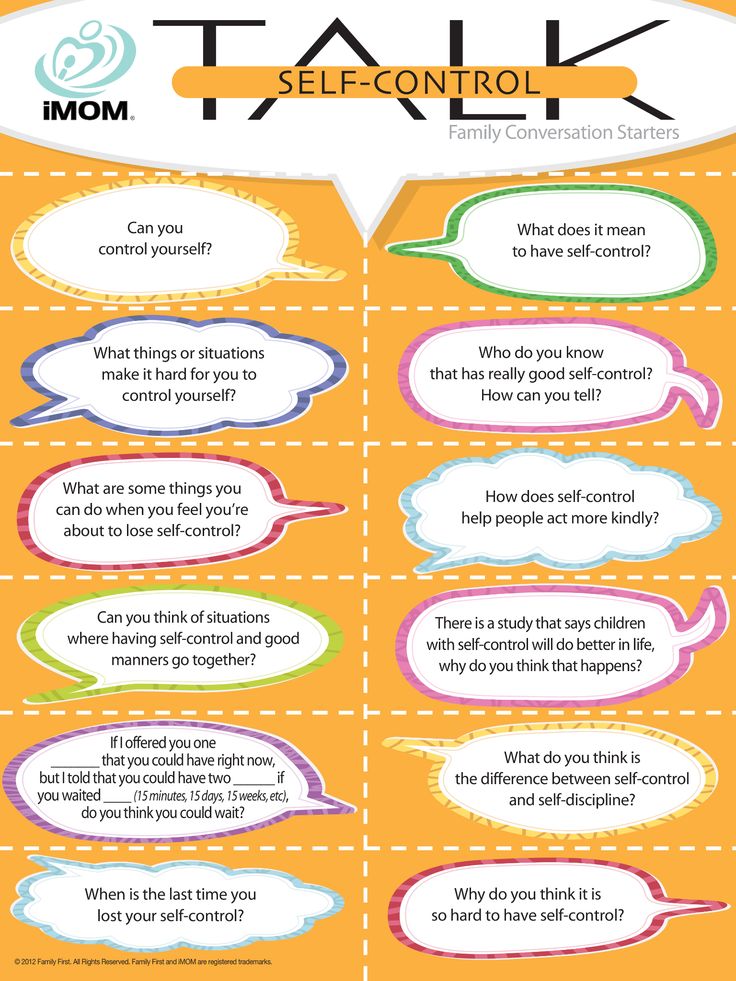 Some of these things might come up early in the relationship, like if you are a virgin and don’t want to have sex until you’re ready. Some of these things may not come up for a while, like if your partner wants to share passwords after dating for 6 months. When your needs are different than your partner’s, have a conversation; you don’t need to give an explanation. It may be awkward, but having the tough conversations is a part of having a healthy relationship. When your partner listens to you and respects you, it builds trust.
Some of these things might come up early in the relationship, like if you are a virgin and don’t want to have sex until you’re ready. Some of these things may not come up for a while, like if your partner wants to share passwords after dating for 6 months. When your needs are different than your partner’s, have a conversation; you don’t need to give an explanation. It may be awkward, but having the tough conversations is a part of having a healthy relationship. When your partner listens to you and respects you, it builds trust.
Step 3: Recognizing when the line has been crossed.
Sometimes, boundaries get crossed even after you’ve talked with your partner; this is where trusting yourself comes in. You may be sad, anxious or angry or you may not know exactly what you are feeling. Always trust your gut. If something doesn’t feel right to you, it probably isn’t.
Step 4: Responding.
If a boundary has been crossed by your partner who didn’t know where your line was drawn, have an honest conversation. It could be something as simple as saying, “Hey, I really don’t like it when you ________. This makes me really uncomfortable. Do you think next time you can ______ instead?” This might take some back and forth before coming to an agreement that meets both of your needs, but your relationship will be stronger because of it.
It could be something as simple as saying, “Hey, I really don’t like it when you ________. This makes me really uncomfortable. Do you think next time you can ______ instead?” This might take some back and forth before coming to an agreement that meets both of your needs, but your relationship will be stronger because of it.
If a boundary has been crossed even though you had already been clear about your boundaries, this might be abuse. Crossing a line might be obvious, like if you say no to having sex, but your partner uses physical force to make you do something you don’t want to do. But it can also be more subtle, like if your partner guilts you into something, begs you until you give in or threatens to break up with you unless you do what they want.
Tips for Building a Healthy Relationship
love & friendship
Want to feel loved and connected to your partner? These tips can help you build and keep a romantic relationship that’s healthy, happy, and satisfying.
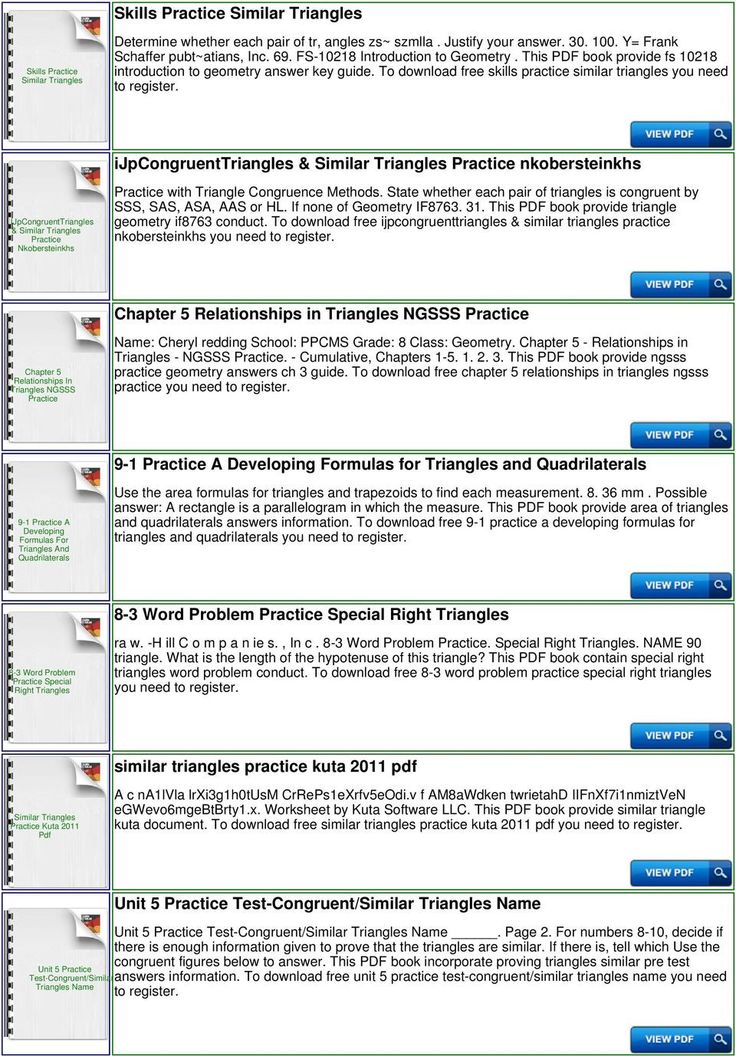
Building a healthy relationship
All romantic relationships go through ups and downs and they all take work, commitment, and a willingness to adapt and change with your partner. But whether your relationship is just starting out or you’ve been together for years, there are steps you can take to build a healthy relationship. Even if you’ve experienced a lot of failed relationships in the past or have struggled before to rekindle the fires of romance in your current relationship, you can find ways to stay connected, find fulfillment, and enjoy lasting happiness.
What makes a healthy relationship?
Every relationship is unique, and people come together for many different reasons. Part of what defines a healthy relationship is sharing a common goal for exactly what you want the relationship to be and where you want it to go. And that’s something you’ll only know by talking deeply and honestly with your partner.
However, there are also some characteristics that most healthy relationships have in common. Knowing these basic principles can help keep your relationship meaningful, fulfilling and exciting whatever goals you’re working towards or challenges you’re facing together.
Knowing these basic principles can help keep your relationship meaningful, fulfilling and exciting whatever goals you’re working towards or challenges you’re facing together.
You maintain a meaningful emotional connection with each other. You each make the other feel loved and emotionally fulfilled. There’s a difference between being loved and feeling loved. When you feel loved, it makes you feel accepted and valued by your partner, like someone truly gets you. Some relationships get stuck in peaceful coexistence, but without the partners truly relating to each other emotionally. While the union may seem stable on the surface, a lack of ongoing involvement and emotional connection serves only to add distance between two people.
You’re not afraid of (respectful) disagreement. Some couples talk things out quietly, while others may raise their voices and passionately disagree. The key in a strong relationship, though, is not to be fearful of conflict. You need to feel safe to express things that bother you without fear of retaliation, and be able to resolve conflict without humiliation, degradation, or insisting on being right.
You need to feel safe to express things that bother you without fear of retaliation, and be able to resolve conflict without humiliation, degradation, or insisting on being right.
You keep outside relationships and interests alive.Despite the claims of romantic fiction or movies, no one person can meet all of your needs. In fact, expecting too much from your partner can put unhealthy pressure on a relationship. To stimulate and enrich your romantic relationship, it’s important to sustain your own identity outside of the relationship, preserve connections with family and friends, and maintain your hobbies and interests.
[Read: Making Good Friends]
You communicate openly and honestly. Good communication is a key part of any relationship. When both people know what they want from the relationship and feel comfortable expressing their needs, fears, and desires, it can increase trust and strengthen the bond between you.
With over 25,000 licensed counselors, BetterHelp has a therapist that fits your needs. It's easy, affordable, and convenient.
It's easy, affordable, and convenient.
GET 20% OFF
Online-Therapy.com is a complete toolbox of support, when you need it, on your schedule. It only takes a few minutes to sign up.
GET 20% OFF
Teen Counseling is an online therapy service for teens and young adults. Connect with your counselor by video, phone, or chat.
GET 20% OFF
Falling in love vs. staying in love
For most people, falling in love usually seems to just happen. It’s staying in love—or preserving that “falling in love” experience—that requires commitment and work. Given its rewards, though, it’s well worth the effort. A healthy, secure romantic relationship can serve as an ongoing source of support and happiness in your life, through good times and bad, strengthening all aspects of your wellbeing. By taking steps now to preserve or rekindle your falling in love experience, you can build a meaningful relationship that lasts—even for a lifetime.
Many couples focus on their relationship only when there are specific, unavoidable problems to overcome.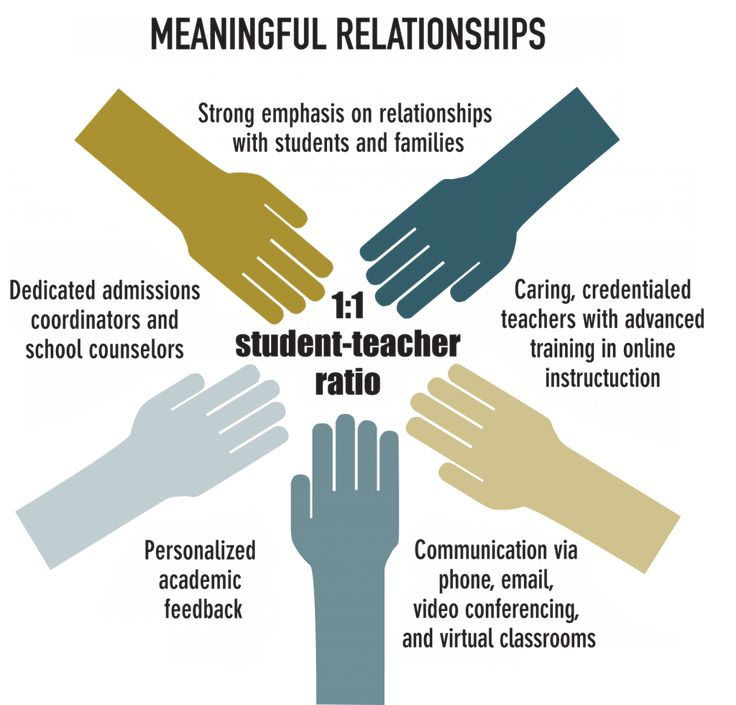 Once the problems have been resolved they often switch their attention back to their careers, kids, or other interests. However, romantic relationships require ongoing attention and commitment for love to flourish. As long as the health of a romantic relationship remains important to you, it is going to require your attention and effort. And identifying and fixing a small problem in your relationship now can often help prevent it from growing into a much larger one down road.
Once the problems have been resolved they often switch their attention back to their careers, kids, or other interests. However, romantic relationships require ongoing attention and commitment for love to flourish. As long as the health of a romantic relationship remains important to you, it is going to require your attention and effort. And identifying and fixing a small problem in your relationship now can often help prevent it from growing into a much larger one down road.
The following tips can help you to preserve that falling in love experience and keep your romantic relationship healthy.
Tip 1: Spend quality time face to face
You fall in love looking at and listening to each other. If you continue to look and listen in the same attentive ways, you can sustain the falling in love experience over the long term. You probably have fond memories of when you were first dating your loved one. Everything seemed new and exciting, and you likely spent hours just chatting together or coming up with new, exciting things to try.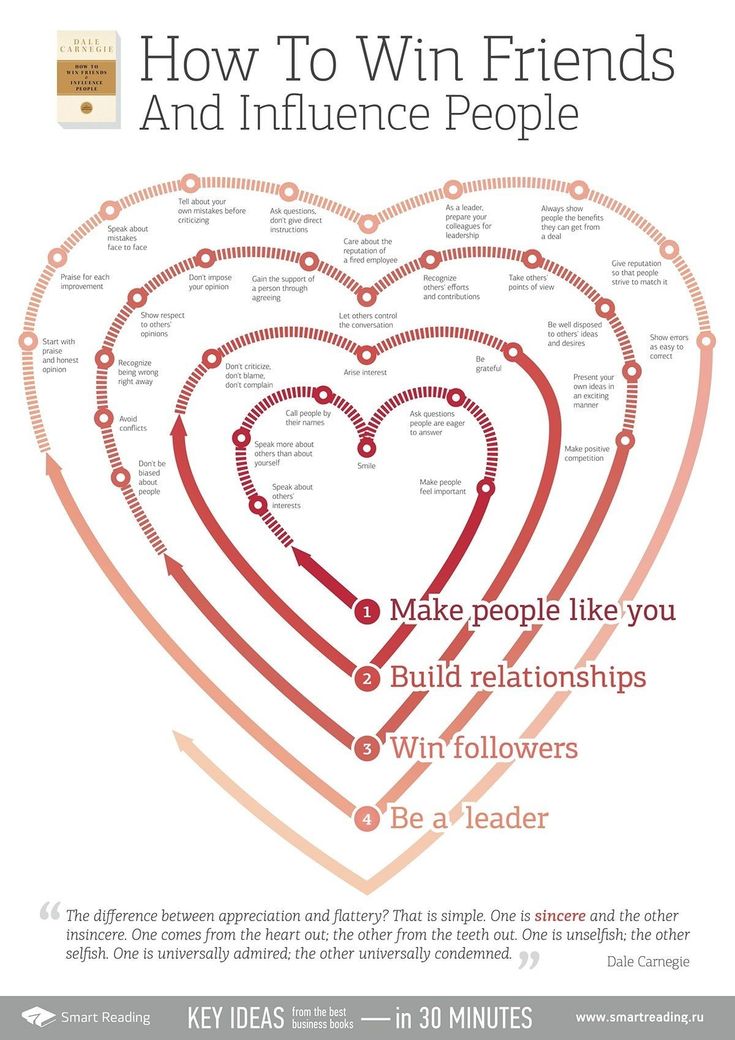 However, as time goes by, the demands of work, family, other obligations, and the need we all have for time to ourselves can make it harder to find time together.
However, as time goes by, the demands of work, family, other obligations, and the need we all have for time to ourselves can make it harder to find time together.
Many couples find that the face-to-face contact of their early dating days is gradually replaced by hurried texts, emails, and instant messages. While digital communication is great for some purposes, it doesn’t positively impact your brain and nervous system in the same way as face-to-face communication. Sending a text or a voice message to your partner saying “I love you” is great, but if you rarely look at them or have the time to sit down together, they’ll still feel you don’t understand or appreciate them. And you’ll become more distanced or disconnected as a couple. The emotional cues you both need to feel loved can only be conveyed in person, so no matter how busy life gets, it’s important to carve out time to spend together.
Commit to spending some quality time together on a regular basis. No matter how busy you are, take a few minutes each day to put aside your electronic devices, stop thinking about other things, and really focus on and connect with your partner.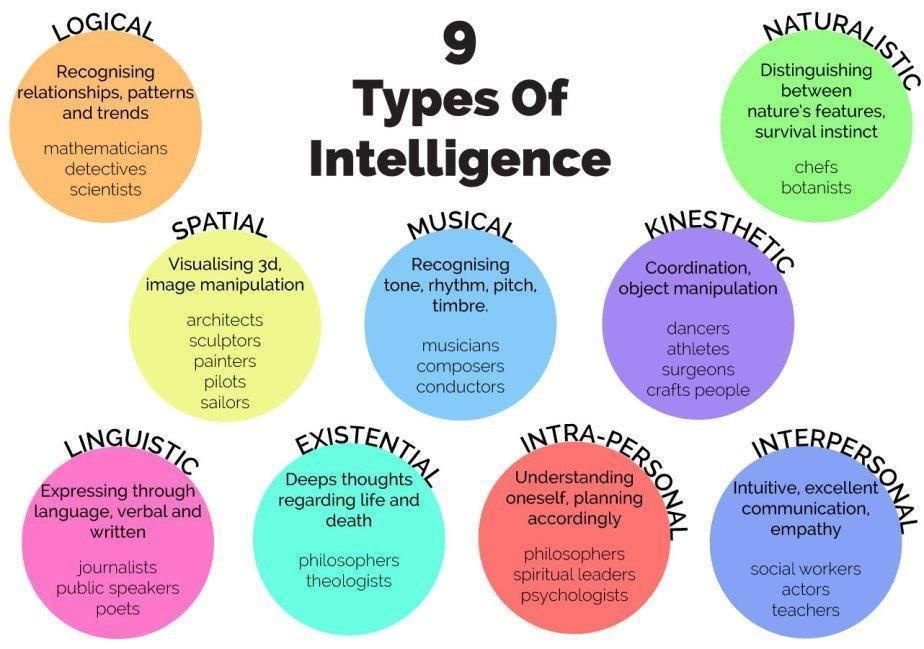
Find something that you enjoy doing together, whether it is a shared hobby, dance class, daily walk, or sitting over a cup of coffee in the morning.
Try something new together. Doing new things together can be a fun way to connect and keep things interesting. It can be as simple as trying a new restaurant or going on a day trip to a place you’ve never been before.
Focus on having fun together. Couples are often more fun and playful in the early stages of a relationship. However, this playful attitude can sometimes be forgotten as life challenges start getting in the way or old resentments start building up. Keeping a sense of humor can actually help you get through tough times, reduce stress and work through issues more easily. Think about playful ways to surprise your partner, like bringing flowers home or unexpectedly booking a table at their favorite restaurant. Playing with pets or small children can also help you reconnect with your playful side.
Do things together that benefit others
One the most powerful ways of staying close and connected is to jointly focus on something you and your partner value outside of the relationship. Volunteering for a cause, project, or community work that has meaning for both of you can keep a relationship fresh and interesting. It can also expose you both to new people and ideas, offer the chance to tackle new challenges together, and provide fresh ways of interacting with each other.
As well as helping to relieve stress, anxiety, and depression, doing things to benefit others delivers immense pleasure. Human beings are hard-wired to help others. The more you help, the happier you'll feel——as individuals and as a couple.
Tip 2: Stay connected through communication
Good communication is a fundamental part of a healthy relationship. When you experience a positive emotional connection with your partner, you feel safe and happy. When people stop communicating well, they stop relating well, and times of change or stress can really bring out the disconnect. It may sound simplistic, but as long as you are communicating, you can usually work through whatever problems you’re facing.
It may sound simplistic, but as long as you are communicating, you can usually work through whatever problems you’re facing.
Tell your partner what you need, don't make them guess.
It’s not always easy to talk about what you need. For one, many of us don’t spend enough time thinking about what’s really important to us in a relationship. And even if you do know what you need, talking about it can make you feel vulnerable, embarrassed, or even ashamed. But look at it from your partner’s point of view. Providing comfort and understanding to someone you love is a pleasure, not a burden.
[Read: Effective Communication]
If you’ve known each other for a while, you may assume that your partner has a pretty good idea of what you are thinking and what you need. However, your partner is not a mind-reader. While your partner may have some idea, it is much healthier to express your needs directly to avoid any confusion.
Your partner may sense something, but it might not be what you need. What’s more, people change, and what you needed and wanted five years ago, for example, may be very different now. So instead of letting resentment, misunderstanding, or anger grow when your partner continually gets it wrong, get in the habit of telling them exactly what you need.
What’s more, people change, and what you needed and wanted five years ago, for example, may be very different now. So instead of letting resentment, misunderstanding, or anger grow when your partner continually gets it wrong, get in the habit of telling them exactly what you need.
Take note of your partner's nonverbal cues
So much of our communication is transmitted by what we don’t say. Nonverbal cues, which include eye contact, tone of voice, posture, and gestures such as leaning forward, crossing your arms, or touching someone’s hand, communicate much more than words.
When you can pick up on your partner’s nonverbal cues or “body language,” you’ll be able to tell how they really feel and be able to respond accordingly. For a relationship to work well, each person has to understand their own and their partner’s nonverbal cues. Your partner’s responses may be different from yours. For example, one person might find a hug after a stressful day a loving mode of communication—while another might just want to take a walk together or sit and chat.
It’s also important to make sure that what you say matches your body language. If you say “I’m fine,” but you clench your teeth and look away, then your body is clearly signaling you are anything but “fine.”
When you experience positive emotional cues from your partner, you feel loved and happy, and when you send positive emotional cues, your partner feels the same. When you stop taking an interest in your own or your partner’s emotions, you’ll damage the connection between you and your ability to communicate will suffer, especially during stressful times.
Be a good listener
While a great deal of emphasis in our society is put on talking, if you can learn to listen in a way that makes another person feel valued and understood, you can build a deeper, stronger connection between you.
There’s a big difference between listening in this way and simply hearing. When you really listen—when you’re engaged with what’s being said—you’ll hear the subtle intonations in your partner’s voice that tells you how they’re really feeling and the emotions they’re trying to communicate.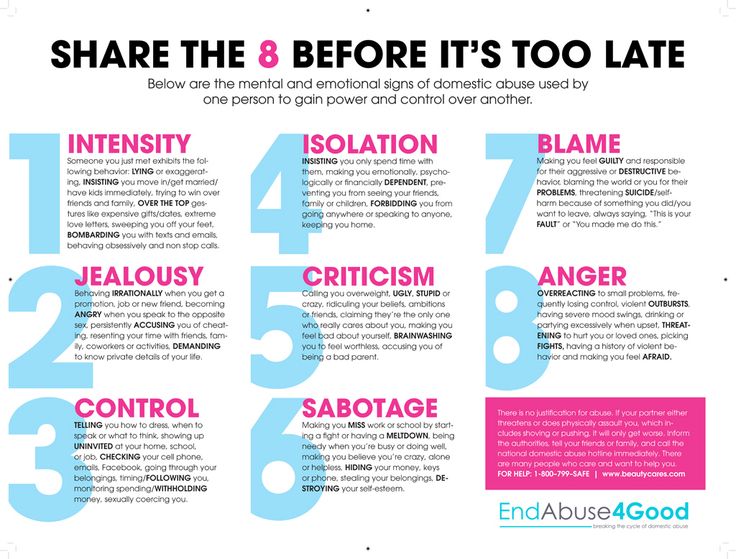 Being a good listener doesn't mean you have to agree with your partner or change your mind. But it will help you find common points of view that can help you to resolve conflict.
Being a good listener doesn't mean you have to agree with your partner or change your mind. But it will help you find common points of view that can help you to resolve conflict.
Manage stress
When you’re stressed or emotionally overwhelmed, you’re more likely to misread your romantic partner, send confusing or off-putting nonverbal signals, or lapse into unhealthy knee-jerk patterns of behavior. How often have you been stressed and flown off the handle at your loved one and said or done something you later regretted?
If you can learn to quickly manage stress and return to a calm state, you’ll not only avoid such regrets, but you’ll also help to avoid conflict and misunderstandings——and even help to calm your partner when tempers build.
Tip 3: Keep physical intimacy alive
Touch is a fundamental part of human existence. Studies on infants have shown the importance of regular, affectionate contact for brain development. And the benefits don’t end in childhood. Affectionate contact boosts the body’s levels of oxytocin, a hormone that influences bonding and attachment.
Affectionate contact boosts the body’s levels of oxytocin, a hormone that influences bonding and attachment.
While sex is often a cornerstone of a committed relationship, it shouldn’t be the only method of physical intimacy. Frequent, affectionate touch—holding hands, hugging, kissing—is equally important.
[Read: Better Sex as You Age]
Of course, it’s important to be sensitive to what your partner likes. Unwanted touching or inappropriate overtures can make the other person tense up and retreat—exactly what you don’t want. As with so many other aspects of a healthy relationship, this can come down to how well you communicate your needs and intentions with your partner.
Even if you have pressing workloads or young children to worry about, you can help to keep physical intimacy alive by carving out some regular couple time, whether that’s in the form of a date night or simply an hour at the end of the day when you can sit and talk or hold hands.
Tip 4: Learn to give and take in your relationship
If you expect to get what you want 100% of the time in a relationship, you are setting yourself up for disappointment.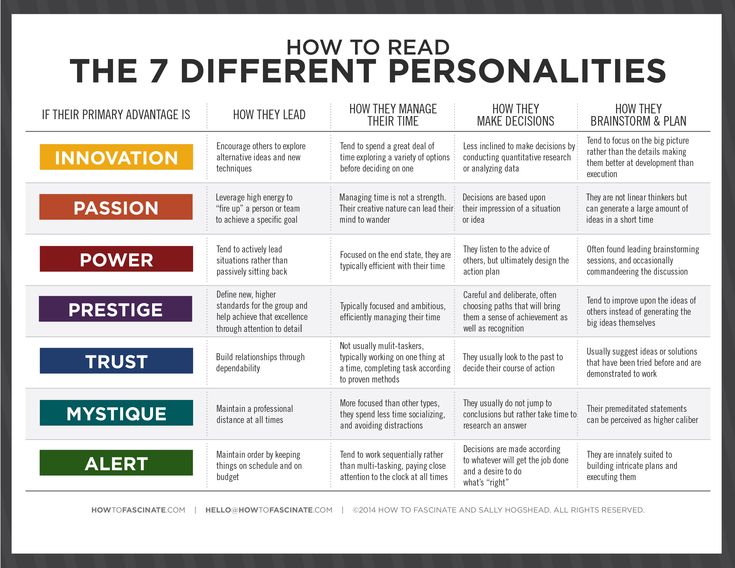 Healthy relationships are built on compromise. However, it takes work on each person’s part to make sure that there is a reasonable exchange.
Healthy relationships are built on compromise. However, it takes work on each person’s part to make sure that there is a reasonable exchange.
Recognize what’s important to your partner
Knowing what is truly important to your partner can go a long way towards building goodwill and an atmosphere of compromise. On the flip side, it’s also important for your partner to recognize your wants and for you to state them clearly. Constantly giving to others at the expense of your own needs will only build resentment and anger.
Don’t make “winning” your goal
If you approach your partner with the attitude that things have to be your way or else, it will be difficult to reach a compromise. Sometimes this attitude comes from not having your needs met while younger, or it could be years of accumulated resentment in the relationship reaching a boiling point. It’s alright to have strong convictions about something, but your partner deserves to be heard as well. Be respectful of the other person and their viewpoint.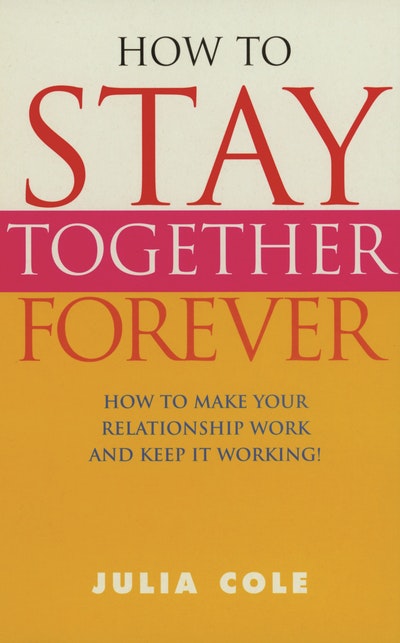
Learn how to respectfully resolve conflict
Conflict is inevitable in any relationship, but to keep a relationship strong, both people need to feel they’ve been heard. The goal is not to win but to maintain and strengthen the relationship.
Make sure you are fighting fair. Keep the focus on the issue at hand and respect the other person. Don’t start arguments over things that cannot be changed.
Don’t attack someone directly but use “I” statements to communicate how you feel. For example, instead of saying, “You make me feel bad” try “I feel bad when you do that”.
Don’t drag old arguments into the mix. Rather than looking to past conflicts or grudges and assigning blame, focus on what you can do in the here-and-now to solve the problem.
Be willing to forgive. Resolving conflict is impossible if you’re unwilling or unable to forgive others.
If tempers flare, take a break.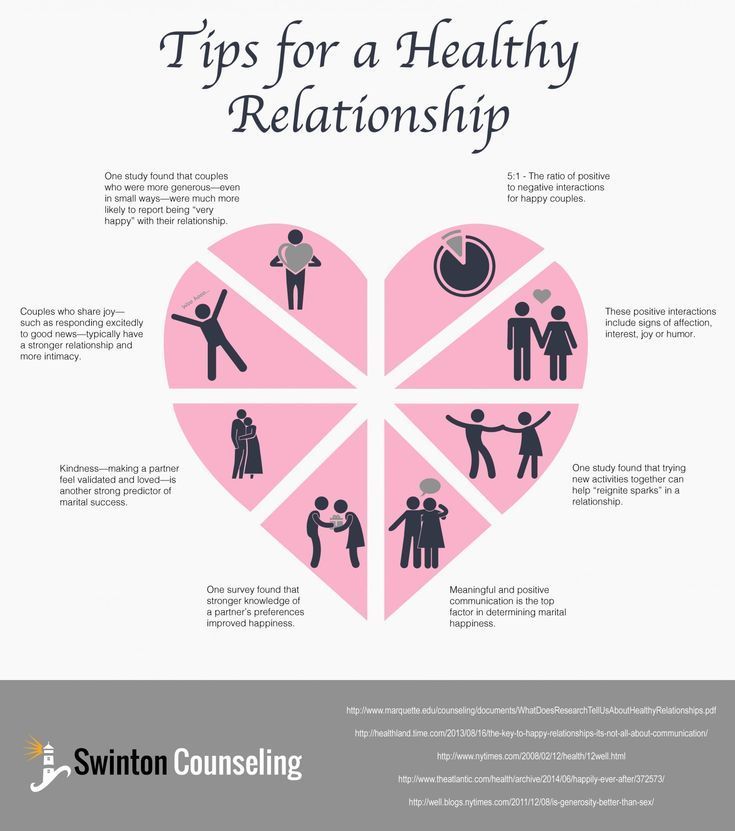 Take a few minutes to relieve stress and calm down before you say or do something you’ll regret. Always remember that you’re arguing with the person you love.
Take a few minutes to relieve stress and calm down before you say or do something you’ll regret. Always remember that you’re arguing with the person you love.
Know when to let something go. If you can’t come to an agreement, agree to disagree. It takes two people to keep an argument going. If a conflict is going nowhere, you can choose to disengage and move on.
Tip 5: Be prepared for ups and downs
It’s important to recognize that there are ups and downs in every relationship. You won’t always be on the same page. Sometimes one partner may be struggling with an issue that stresses them, such as the death of a close family member. Other events, like job loss or severe health problems, can affect both partners and make it difficult to relate to each other. You might have different ideas of managing finances or raising children.
Different people cope with stress differently, and misunderstandings can rapidly turn to frustration and anger.
[Read: Surviving Tough Times by Building Resilience]
Don’t take out your problems on your partner.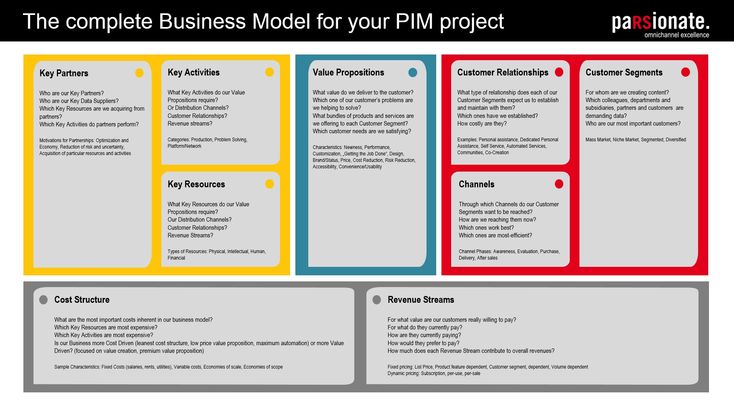 Life stresses can make us short tempered. If you are coping with a lot of stress, it might seem easier to vent with your partner, and even feel safer to snap at them. Fighting like this might initially feel like a release, but it slowly poisons your relationship. Find other healthier ways to manage your stress, anger, and frustration.
Life stresses can make us short tempered. If you are coping with a lot of stress, it might seem easier to vent with your partner, and even feel safer to snap at them. Fighting like this might initially feel like a release, but it slowly poisons your relationship. Find other healthier ways to manage your stress, anger, and frustration.
Trying to force a solution can cause even more problems. Every person works through problems and issues in their own way. Remember that you’re a team. Continuing to move forward together can get you through the rough spots.
Look back to the early stages of your relationship. Share the moments that brought the two of you together, examine the point at which you began to drift apart, and resolve how you can work together to rekindle that falling in love experience.
Be open to change. Change is inevitable in life, and it will happen whether you go with it or fight it. Flexibility is essential to adapt to the change that is always taking place in any relationship, and it allows you to grow together through both the good times and the bad.
If you need outside help for your relationship, reach out together. Sometimes problems in a relationship can seem too complex or overwhelming for you to handle as a couple. Couples therapy or talking together with a trusted friend or religious figure can help.
Authors: Lawrence Robinson, Melinda Smith, M.A., and Jeanne Segal, Ph.D.
Am I in a Healthy Relationship? – Article aimed at teens to determine if your relationship is as healthy as it should be. (TeensHealth)
Help with Relationships – Articles addressing common relationship problems, such as arguments and conflict, communication, and infidelity. (Relate UK)
ADVERTISEMENT
ADVERTISEMENT
Last updated: December 5, 2022
5 stages of love (and why many break up already at the third)
Queen Elizabeth II and Prince Philip with children
In any, even the most passionate (at first) relationship, one day there comes a moment when the man of your dreams no longer seems so handsome and smart to you , sex with him has ceased to be passionate, and you yourself, frankly, attract him less.
Usually it is at this stage that unions break up - in some couples it comes earlier, and in some it can happen even after ten years of marriage. Having experienced a difficult parting, we rush in search of “the one” again. But as soon as we find it, the vicious cycle "from admiration to disappointment" repeats again. nine0003
What is the reason? Family psychologist and counselor Jed Diamond is sure:
What we perceive as the point of no return, in fact, is nothing more than the next stage of our relationship - and in some cases even the beginning of true, long and strong love.
And if we do not learn to recognize it in time and take control of our emotions, we run the risk of stepping on the same rake again and again.
All in all, according to the expert, any love relationship goes through five standard stages. The third is the most difficult, but if you manage to survive it, in the final you will be able to move mountains together.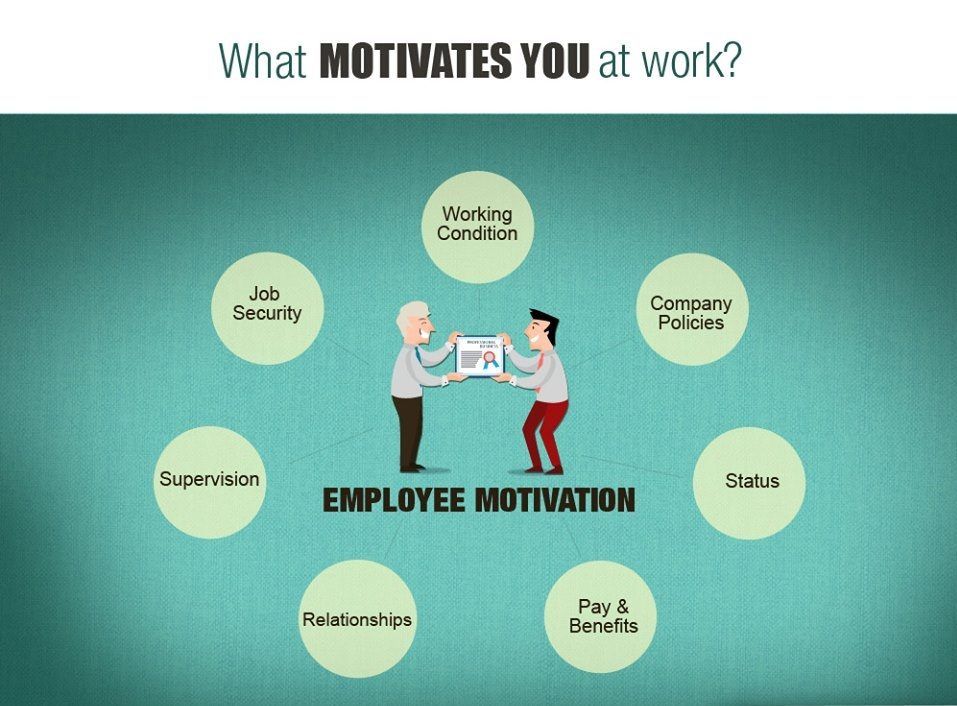 nine0003
nine0003
Stage one: falling in love
Prince Harry and Meghan Markle
From a purely biological point of view, falling in love is just a trick of evolution to bring two people together who could continue the human race. But when we are passionate about someone, we think about the tricks of nature the least: mainly because we are under the influence of the hormones dopamine, oxytocin, serotonin, testosterone and estrogen. It is this explosive cocktail that gives rise to those very “butterflies in the stomach” - when the heart beats faster and the breath catches. nine0003
The feeling of inspiration is only intensified by the fact that we begin to unconsciously project all our unfulfilled dreams and hopes onto a new lover. We begin to dream of a bright future with him: how all our desires will come true, how we will get everything that we didn’t receive in childhood, and will not face the disappointments that we experienced in past relationships. No matter how cynical it may sound, hormones do not allow us to think sensibly and logically, but this should not be ashamed: after all, it is not for nothing that the feeling of falling in love is considered one of the most exciting in the emotional range of a person.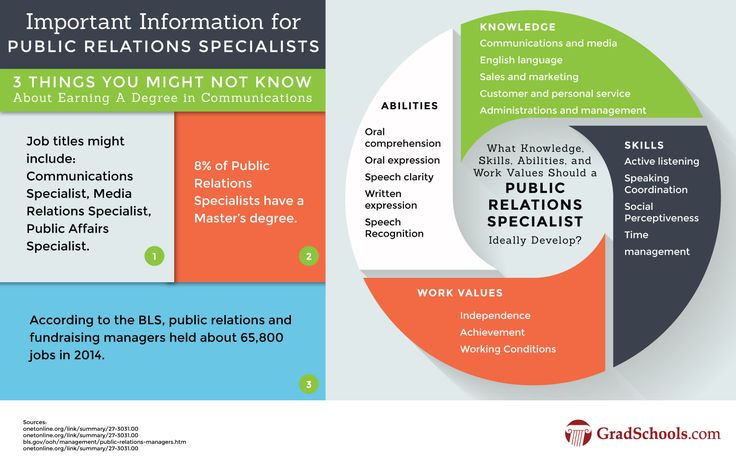 Enjoying them is not a sin at all. nine0003
Enjoying them is not a sin at all. nine0003
Stage two: pairing
Prince William and the Duchess of Cambridge
In this stage, the feelings of lovers deepen, they have common goals - and, in the end, they form a strong couple (mainly through marriage) . At the same time, they have children, together they buy a car, an apartment, plan the future and demonstrate to the whole world that from now on they are - as we liked to say before, "a single unit of society."
This stage is a period of joy and pleasure from the fact that you can just be together. Hormones no longer have the same power, but you feel a deeper attachment. Sex also becomes, although less frequent and calmer, but more meaningful and still satisfying. There is a sense of security, orderliness and solidity. At this moment, many couples miss the past intensity of emotions a little, but still they like this stage of their relationship much more, because right now they feel that their love is more stable than ever, and nothing can change it. nine0003
nine0003
But this is a big mistake.
Stage three: disappointment
Angelina Jolie and Brad Pitt
Of course, no one said that relationships are easy, but you were clearly not ready for such difficulties. It seems that irritation and almost physical rejection of each other arose in your couple for no reason at all. Suddenly you realize that your ideal love is blackened to the ground, and this has been going on for a very long time. Or maybe there was no love at all? nine0003
As a rule, disappointment is the stage during which most marriages break up. In different couples, it proceeds differently: someone runs away from each other at the first serious disagreement, and someone lives with a feeling of total dissatisfaction and hidden hatred for years. At this moment, we prefer to stay at work more often, quarrel over every trifle, and, according to the psychologist, even get sick more often. A difficult situation in the family leads to breakdowns at work, to a decrease in immunity, to absolute apathy, men may experience problems with erection, and so on. Of course, all this does not contribute to the treatment of relationships - and out of desperation, many lovers begin to look for ways to retreat. nine0003
Of course, all this does not contribute to the treatment of relationships - and out of desperation, many lovers begin to look for ways to retreat. nine0003
Monica Bellucci and Vincent Cassel
What's going on? Many couples break up at this point because they mistakenly believe that being unhappy in a relationship is abnormal and illogical. And yet, it is not. As with any organized system, marriages can also fail - so the first thing to do here is to fix the breakdown, and not leave everything to chance. Dr. Diamond, who has gone through two divorces, understood this only on the third time, when he and his wife decided to continue working and not part, no matter how much they wanted to. (Read: Female Marriage Mistakes Easier Not to Do Than Correct)
The third stage of a relationship can be compared to a virus, overcoming which you will become much more resistant to irritants. At this moment, lovers cease to see each other as an “ideal”: you see an ordinary person, whom it is not easy to love without the help of hormones and the illusions of the previous two stages, but still possible.
In fact, only now can we say that you are building true love, because only after the third stage do you begin to accept each other as you really are. Completely. nine0015
Fourth stage: true, lasting love
French President Emmanuel Macron and his wife Brigitte Macron
After all the storms that accompanied the third stage have receded, the stage of deep and thorough reflection begins. Together, you begin to carefully analyze what happened to you before and why you were destabilized by what destabilized you. During this period, you will get to know each other better than ever, because often the root of your mutual (but, fortunately, already past) adversity lies in your childhood. nine0003
At the fourth stage of a relationship, people are not so much in love as psychologists for each other. And rightly so: evidence from many studies shows that childhood traumas (parental divorce, domestic violence, infidelity) can directly affect how a person behaves when they grow up.
![]()
At this stage, perhaps for the first time, your selfishness fades into the background: from now on, your attachment to each other becomes so deep that you mutually begin to heal each other's wounds. And this not only makes the bond between you stronger - it nullifies any potential conflict, because both of you will already know exactly what provokes it and how to avoid it all. (Read: They Lived Happily Ever After: How to Stay on the Same Wave with Your Husband)
Stage five: love that can change the world
Queen Elizabeth II and Prince Philip on their 70th wedding anniversary
But this, according to Dr. Diamond, is already the Absolute of love. Not everyone reaches this stage, because many couples who go through a crisis prefer to remain in the fourth stage of a relationship until the end of their lives. And this is not bad in its own way, but still, if your love is so strong that it can spread to the whole world around you, this cannot but inspire.
nine0003
The logic here is this: the two of you have overcome so many problems and obstacles on the way to happiness and have not given up. So why not use your positive experience for the benefit of others? This calm wisdom pours out first to help your children, then to other people's children, even later to charitable organizations, and so on. Your love is already so mature that you don't need to feed it - that's why it logically looks for outlets in other good deeds. It is this stage that is the summary of all the past decades of your relationship, when love becomes that very poetic feeling that can truly change the world. By the way, it is at this stage that some couples begin to engage in joint creativity: they write books in co-authorship, create social projects, etc. nine0003
Photo: Getty Images
Marie Claire Editorial
Women's mistakes in marriage that are easier not to make than to correct
It takes two people to create a strong relationship. Let imperfect, but ready to work on themselves.
And although we cannot change our partner (no matter how hard we try), we can still change the situation and encourage our loved one to try to improve the relationship. First of all, an example of working on yourself and correcting your own mistakes. What? We tell. nine0003
Underestimating non-verbal cues
Intimacy is more than just sex. Remember yourself in moments of stormy love - you probably wanted to cuddle tighter to your beloved and not let him go. In marriage, we often forget about the power of touch. A gentle hug, an encouraging pat on the back, gentle stroking on the hand trigger the production of oxytocin, which is called the "hormone of love".
And what about the posture and facial expressions during communication with her husband? Furrowed brows and crossed arms? If so, then most likely you can hear metallic notes in your tone. Why do you need all these signals of aggression? You are not on the battlefield. You are next to the man you love. Relax the muscles in your arms and face.
Close your eyes for a couple of seconds and imagine your husband as a knight on a white horse (superman, bullfighter, underline as necessary). Now open your eyes and smile fervently. Do you feel positive energy coming from you? nine0003
Competitiveness
Acting like team members, not competitors, is one of the best strategies in a marriage. “It’s not bad to compete in the workplace or in sports,” explains sex therapist Douglas Brooks. “But paired competition is not the healthiest thing to do. Enjoy each other and keep the competitive spirit outside of your relationship."
Do not compare your achievements with the achievements of your spouse. Attempts by friends and girlfriends to do something similar are best stopped quickly. At least a remark that provocations usually do not lead to good. After all, everyone has different goals in life and the same criteria for success. nine0003
Irony
People with a good sense of humor usually have a good level of intelligence.
But the passion for sarcastic remarks in a conversation with a partner can lead to an increase in irritation and the appearance of open aggression. Psychologist Clifford Lazarus defines sarcasm as "hostility disguised as humor". Of course, a couple of ironic remarks can enliven communication, but being carried away by caustic witticisms, you risk being in the role of a toxic interlocutor. Sarcasm in large quantities suppresses goodwill, and in such a situation it is unlikely that your partner will feel your protection and support ( read also : “Loves but leaves: 7 reasons why men leave those they are really in love with”).
Following the established rules
“A man is obliged to fully provide for his family”, “Decent couples do grocery shopping together”, “A loving spouse gives flowers not only on holidays”, and so on and so forth. Some publications regularly publish articles under headlines like "50 Signs of a Perfect Husband," but are you sure you want to live by these rules? Perhaps it would be much better, together with your loved one, to think and develop your own standards for your happy family life, in which everyone will do what they do best.
After all, if you get lost in a store, then why are you going there? To just uselessly roll the cart? Isn't it easier to write a list to your man, and at the same time do something useful? nine0003
Self-sacrifice
It so happened that almost any Russian girl is ready to engage in self-sacrifice at some point in her life. A kind of feat in Nekrasov's way: to stop a herd of wild horses, to rush into a burning building for a kitten? Yes Easy! To refuse for the sake of a loved one from a career and communication with friends? Not a problem at all. “Preserving the family hearth is one of the main missions of a woman, so forget about personal interests,” it’s scary to think, but this stereotype has ruined the lives of more than one hundred thousand girls. nine0003
Today, psychologists say that the tendency to self-sacrifice is one of the clearest signs of low self-esteem. Some even consider it a form of addiction and equate it with religious fanaticism.

